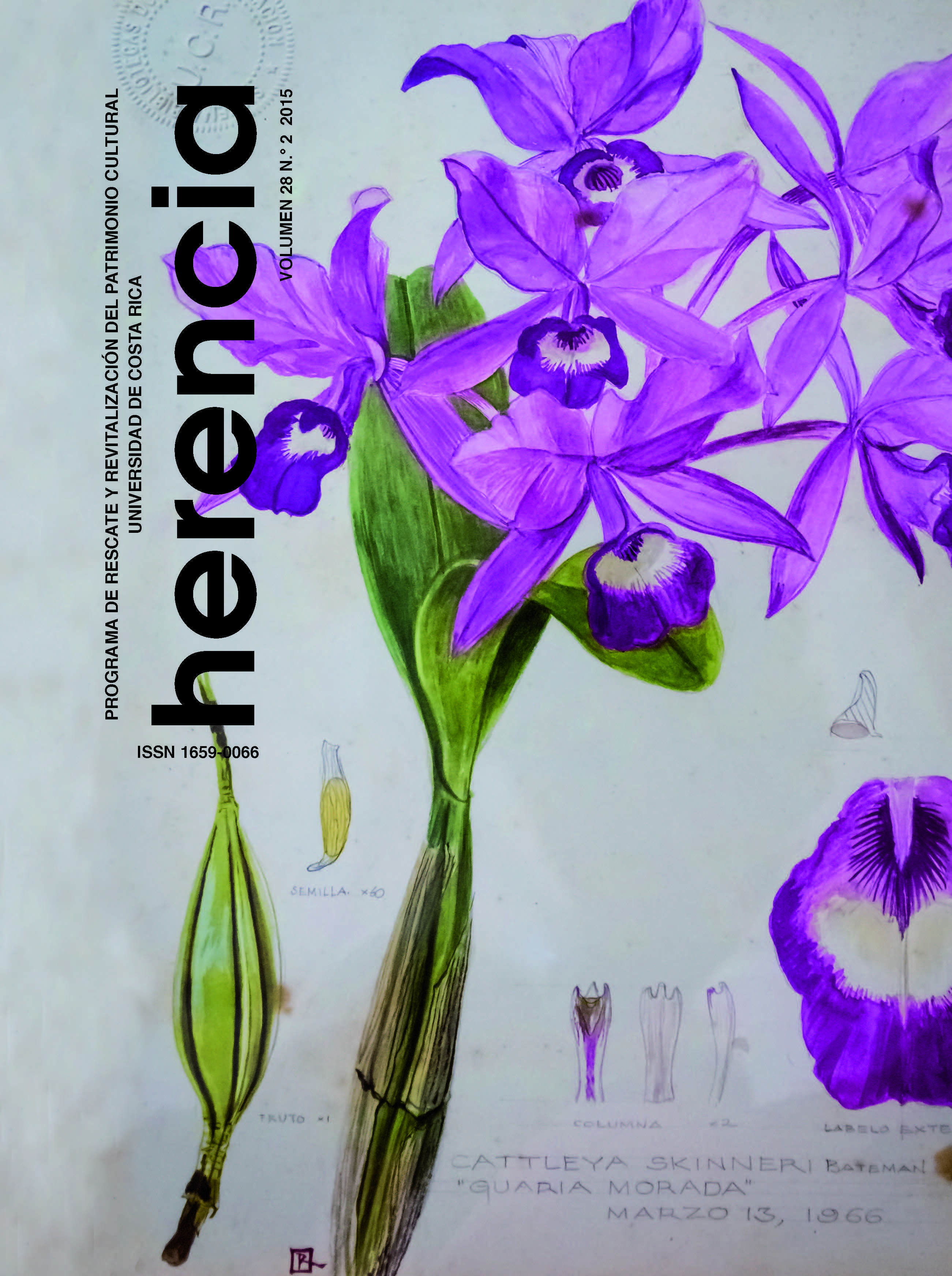Abstract
The traditional food practices of Costa Rica is a manifestation of interculturality. The heritage of knowledge and practices associated with production, selection, preparation, conservation and consumption of food, and the desire of innovation from ingredients that have a notorious cultural and nutritional value, show the process of collective construction of a national cuisine comprising regional cuisines, differentiated, dynamic, diverse, rich flavors, aromas and textures. It is evident in recent decades a negative change in eating patterns, leaving aside the traditional diet, with an impact on the health of the Costa Rican population. There is interest in preserving food traditions, but knowledge and skills are necessary to prepare food and drinks that are part of the food heritage. Misinformation mainly by new generations, less access to certain ingredients, the feeling of nostalgy for ancient cuisine that is in the collective memory and cookbooks, and changes in lifestyle linked to globalization, food industrial and commercial development, new technologies and the value of the foreign makes that major challenges in the preservation and revitalization of heritage cooking in this country face.##plugins.facebook.comentarios##
Downloads
Download data is not yet available.

